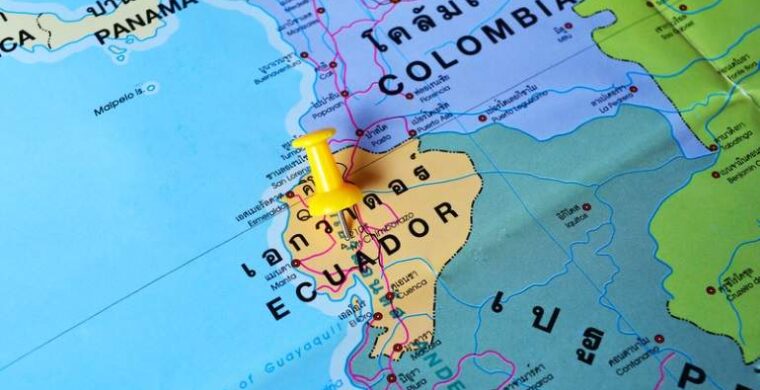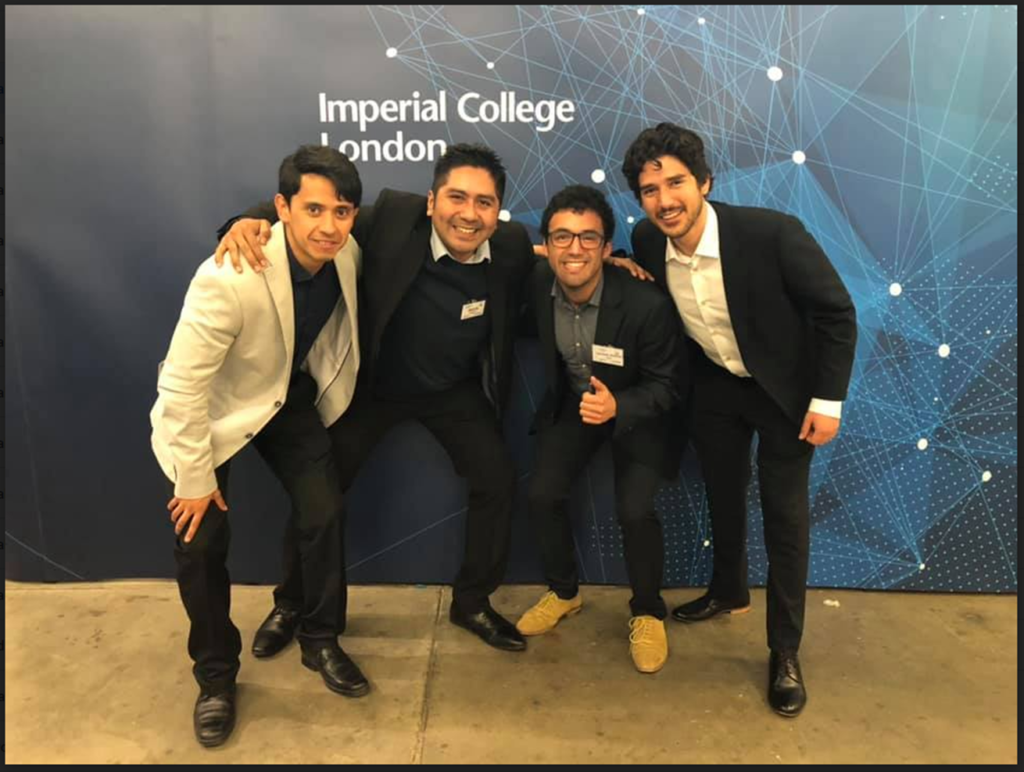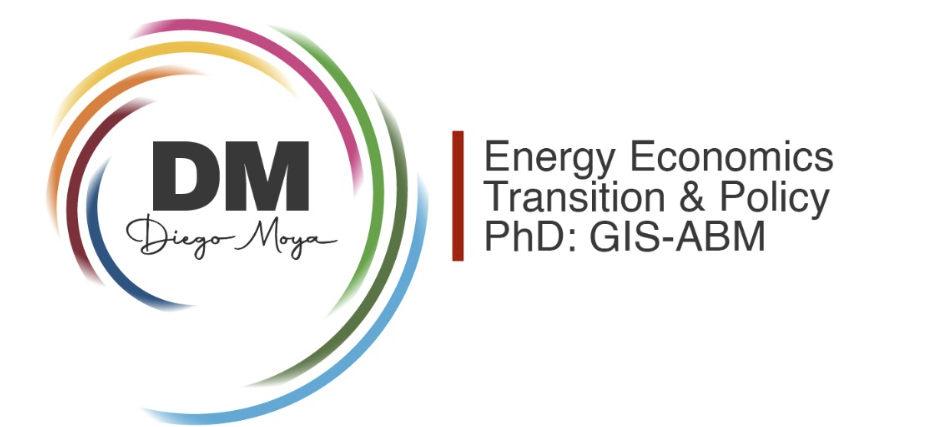
How can Latin American countries shape a more sustainable future?
Following the third Symposium on Sustainable Development in Latin America, hosted by the Imperial College Latin American Society, organisers Ernesto Santibanez-Borda, Diego Moya and Moises Gomez-Soto reflect on why building local skills, environmental innovation and science diplomacy are key to achieving sustainable long-term growth in Latin America.
Although Latin America holds only about eight per cent of the global population, it is home to a quarter of the world’s forests and a unique biodiversity. This is due to the diverse ecosystems found in the region, including the Andes Mountains, the Galapagos Islands, the Amazon basin and Patagonia, among others. However, these unique areas are particularly vulnerable to human activities: economic activity on the continent is heavily focused on the extraction and export of natural resources; oil and gas production is booming in Brazil, Mexico and Argentina; and experts have cast doubt on whether all administrations will meet their emissions targets under the Paris Agreement.
The region is also vulnerable to the impacts of climate change, experiencing increased frequency and intensity of tropical storms, severe flooding and drought, together with rising sea levels and changes in agricultural productivity. So how can Latin American countries shape a more sustainable future?
Bridge the gap and build local expertise
There is a critical skills gap in the Latin American region. This is in part because economies in Latin America have remained reliant on the extraction of raw materials. Throughout the history of the region, developed countries have geared their economies towards transforming cheap imported raw materials from Latin American countries into profitable manufactured goods. As a result, industrialised countries have developed skilled industries and become wealthier, leaving a skills gap in Latin America. For the region to develop in a sustainable way, we need to address this gap.
There needs to be a long-term agenda between industrialised economies and the Latin American region that establishes more scientific cooperation, and focuses on the sustainable development of Latin American nations. Academics, decision-makers and diplomats need to come together to give higher education more long-term support, with knowledge exchange and mobility encouraged. There also need to be equal access to higher education for people from all backgrounds.
Environmental innovation
Despite the successful implementation of wind and solar power in Europe, Latin America’s energy grid still falls short on wind, geothermal and solar power generation – even though the region has huge potential for renewable generation. Some countries have increased the share of renewables on the energy grid. Brazil, for example, now has over 40% of renewable generation, but relies heavily on hydroelectric generation, which is a contentious issue. Local scientists could bring in a different perspective and contribute to solving the environmental challenges from a different angle. They have unique insight and knowledge about local environmental issues, how they impact communities, and the social and economic context.

Scientists from Latin America have already proposed innovative solutions to key environmental challenges – and presented their research during the Symposium. Ecuadorian Dr Boris Ochoa-Tocachi, who recently graduated from the Science and Solutions for a Changing Planet Doctoral Training Partnership PhD programme at Imperial, presented his research on how technologies used by pre-Inca indigenous communities can help tackle the water shortages faced by Peruvian capital city Lima, showing how ancestral knowledge can still be used for the benefit of our societies. Meanwhile, Ecuadorian-Norwegian Imperial alumnus Inty Grønneberg introduced Ichthion technology, which will address the plastic pollution problem by capturing plastics before it enters the oceans. He is currently working with the Ecuadorean government to use this technology to prevent plastic pollution reaching the Galapagos Islands.

Science diplomacy
At the symposium, several Latin American ambassadors to the UK, alongside science attachés and researchers from the United Kingdom, European Union and Latin America, had the opportunity to discuss how to tackle environmental issues. Collaboration between academics, decision-makers and diplomats – science diplomacy – is key to fostering sustainable development in the Latin American region. The high level of scientific excellence in the UK and Europe can provide a strong basis for this, helping to establish a long-term agenda that will enhance local expertise and environmental innovation. However, this will not be possible without (1) strong political stability on scientific cooperation, (2) clear foreign policy instruments and (3) the use of operational instruments to further develop the science diplomacy agenda in Latin American on a regular basis rather than sporadically. Delegates at Imperial’s 3rd Symposium for Sustainable Development in Latin America (c) Thomas Angus
Delegates at Imperial’s 3rd Symposium for Sustainable Development in Latin America (c) Thomas Angus
Creating a sustainable future
Richard Auty’s ‘resource curse’ is still quoted by some politicians and academics in the region to explain Latin America’s focus on generating raw materials at a low economical but high environmental cost. However, in the last decade, Latin American citizens have grown in environmental awareness. In some cases, citizen action has succeeded in delaying or even cancelling high-profile natural resource extraction projects – at great expense for their operating companies. Both the US$3.2 billion mega-hydroelectric Hydroaysen project and the US$8.5 billion Pascua Lama gold mine, which were initially planned to operate in Chile, were cancelled due to environmental concerns. Moreover, Latin American researchers, with government and diplomatic support, are studying environmental topics abroad, and going to great efforts to create long-term collaborations. This shows that, although there is still work to be done, the Latin American region is working towards a more sustainable future.
The Latin American society is organising the another Symposium on Climate Change and Land Use in the Latin American Region on 19 of May 2020. Details will be announced via their website and social networks.
The Proceedings of the 2019 Symposium can be found here.
For the latest news, views and events from the Grantham Institute, sign up to our weekly update newsletter.
Original Post: https://granthaminstitute.com/2019/09/02/how-can-latin-america-countries-shape-a-more-sustainable-future/
